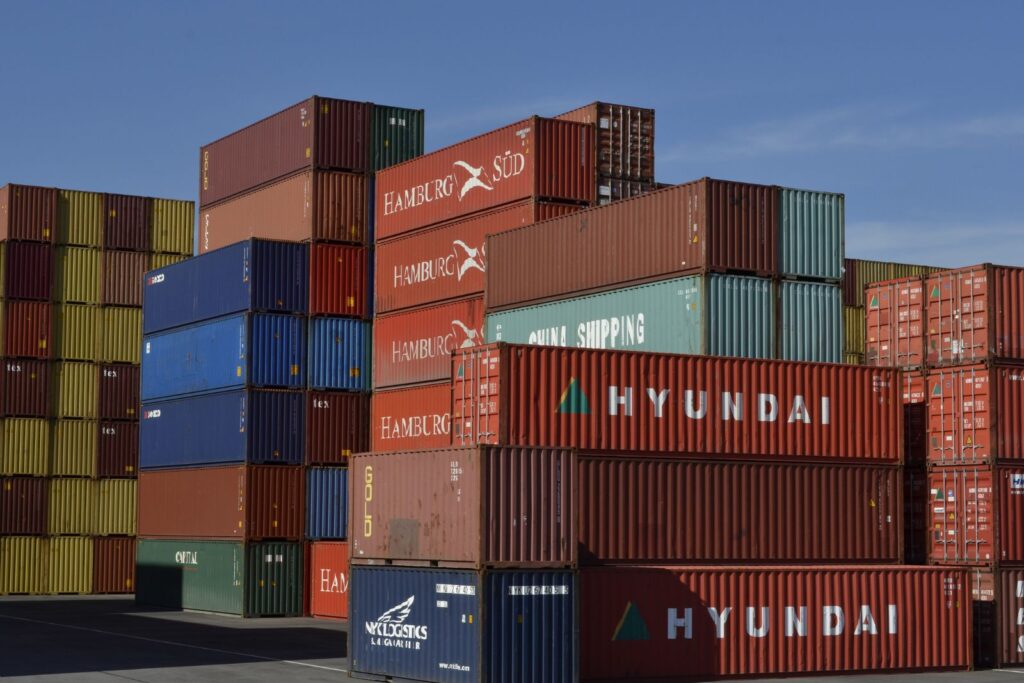Import Permits Australia: A Complete Guide for Businesses

Introduction
Importing goods into Australia can be a lucrative opportunity for businesses, but it comes with strict compliance requirements. One of the biggest hurdles is ensuring that you have the right import permits Australia requires for certain categories of products, from agricultural items to restricted goods. Missing or mishandling this step can result in costly delays, fines, or even confiscated shipments.
This is where import permits become essential. They act as official authorisations from government agencies such as the Department of Agriculture, Fisheries and Forestry (DAFF) or the Australian Border Force (ABF), allowing businesses to legally bring in controlled goods.
Navigating these regulations isn’t easy, which is why many companies partner with logistics experts. At EGL – Emerald Global Logistics, we help businesses across Australia simplify the permit application process, ensuring compliance while avoiding delays.
What Are Import Permits in Australia?
Import permits are official authorisations issued by government authorities that grant businesses the legal right to bring certain goods into Australia. These permits are typically required for goods that pose biosecurity, health, or safety risks, such as:
Food and agricultural products
Live animals and plants
Chemicals and pharmaceuticals
Weapons, firearms, or other restricted goods
Without the right documentation, goods may be seized at the border or returned to the country of origin.
Why Import Permits Are Important
Obtaining an import permit is about more than just ticking a compliance box. It provides several key advantages:
Legal compliance: Avoid fines, penalties, or legal issues.
Faster clearance: Customs processing is smoother with permits in place.
Business credibility: Proves to suppliers and customers that you operate within Australian regulations.
Risk reduction: Prevents loss of goods due to seizure or rejection.
Step-by-Step Guide: How to Get Import Permits in Australia
Applying for an import permit can seem daunting, but the process is more manageable when broken into steps:
1. Identify Whether Your Goods Require a Permit
Check the Australian Government’s Biosecurity Import Conditions system (BICON) to see if your goods fall under restricted or controlled categories.
2. Prepare the Required Documentation
This typically includes:
Commercial invoices
Packing lists
Product descriptions
Certificates of origin or safety
3. Lodge the Application
Applications are usually submitted online through the DAFF portal or directly with the Australian Border Force.
4. Pay Fees and Wait for Processing
Processing times vary based on the product type. Some permits are granted within days, while others may take weeks.
5. Receive and Present Your Permit
Once approved, the permit must accompany your shipment for clearance at the port of entry.

The cost of an import permit in Australia depends on the product category and the complexity of assessment. On average:
Simple permit applications: $120–$200
Specialised goods permits: $300–$600+
Renewals or amendments: Additional fees may apply
At EGL, we help businesses minimise costs by ensuring applications are correct the first time, reducing the risk of re-submission.
Tips & Best Practices for Import Permits
To ensure smooth operations, businesses should follow these best practices:
Start early – Apply for permits well before your goods ship.
Be accurate – Ensure documents match product details exactly.
Work with experts – A logistics partner can prevent costly errors.
Stay updated – Regulations change, especially in agriculture and biosecurity.
Use digital systems – Submitting online speeds up approval.
Common Mistakes to Avoid
Many importers face delays or fines due to avoidable mistakes, such as:
Shipping goods before receiving the permit
Providing incomplete or incorrect documentation
Misclassifying products in the BICON database
Ignoring expiry dates on permits
Failing to check if goods fall under multiple categories
Real-World Use Case
A Melbourne-based food importer attempted to bring in organic honey without an import permit. The shipment was held at customs for over 30 days, resulting in spoilage and a $25,000 loss. By contrast, businesses working with EGL – Emerald Global Logistics have successfully avoided such setbacks thanks to accurate permit applications and proactive compliance checks.
How EGL Supports Businesses
At EGL – Emerald Global Logistics, we provide end-to-end support for businesses dealing with import permits Australia requires. Our services include:
Guidance on whether your goods require permits
Preparation and lodgement of applications
Liaison with government authorities
Customs clearance and logistics management
Learn more about our background and expertise here: About Us.
FAQs on Import Permits in Australia
1. How do I know if my product needs an import permit?
Check the BICON system or consult with a customs broker or logistics partner.
2. How long does it take to get an import permit?
Processing can take anywhere from a few days to several weeks, depending on the product.
3. Can I import without a permit?
Only if your goods are not on the restricted or controlled list. Otherwise, customs will seize them.
4. Are import permits valid indefinitely?
No, most permits have an expiry date and may require renewal.
5. Do I need multiple permits for one shipment?
Yes, if your shipment contains multiple restricted product categories.
Conclusion: Simplify Your Import Process with Expert Help
Import permits are a critical part of doing business in Australia, ensuring goods clear customs smoothly while protecting the country’s biosecurity and safety standards. From food items to chemicals, having the right permits in place can save time, money, and stress.
If you’re ready to streamline your logistics, contact EGL today for expert support: Contact Us.
